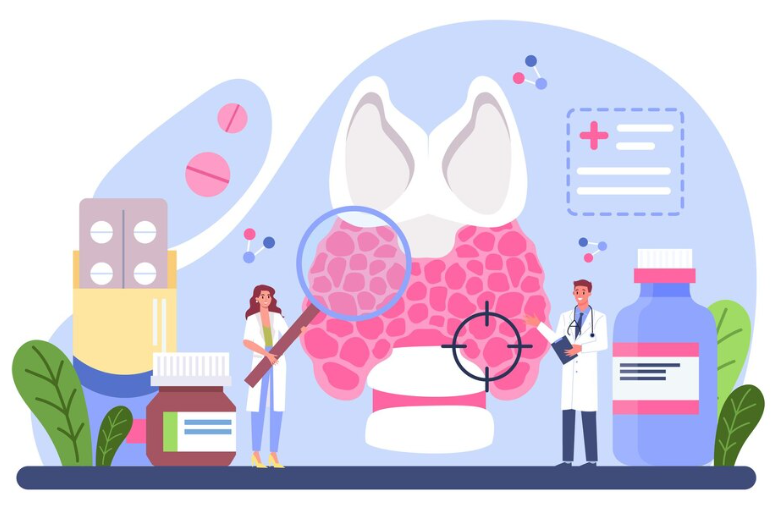
The Role of Hormones in Hypothyroidism: How Thyroid Hormones Affect the B
Introduction: Hormones play a crucial role in keeping our bodies functioning properly, and when it comes to hypothyroidism, the thyroid hormones are key players. Let’s delve into how these hormones affect the body and what happens when they’re not produced in sufficient amounts.
Understanding Hypothyroidism: Hypothyroidism occurs when the thyroid gland doesn’t produce enough thyroid hormones. These hormones, namely thyroxine (T4) and triiodothyronine (T3), regulate metabolism, energy levels, heart rate, body temperature, and much more. So, when there’s a shortage of thyroid hormones, it can lead to a slowdown in various bodily functions.
Impact on Metabolism: Thyroid hormones play a significant role in metabolism, which is the process by which our bodies convert food into energy. When thyroid hormone levels are low, metabolism slows down, leading to symptoms like fatigue, weight gain, and feeling cold all the time.
Energy Levels and Mood: Thyroid hormones also affect energy levels and mood. When thyroid hormone levels are low, you might feel sluggish, tired, and even depressed. This can impact your overall quality of life and make it challenging to carry out day-to-day activities.
Heart Health: Thyroid hormones help regulate heart rate and rhythm. In hypothyroidism, a decrease in thyroid hormone levels can lead to a slower heart rate and even contribute to heart problems if left untreated.
Body Temperature Regulation: Thyroid hormones play a role in regulating body temperature. People with hypothyroidism may feel cold more often, even in warm environments, due to the body’s decreased ability to maintain a stable temperature.
Conclusion: Thyroid hormones are essential for maintaining overall health and well-being, and when there’s a deficiency, as in hypothyroidism, it can have widespread effects on the body. Recognizing the symptoms of hypothyroidism and seeking appropriate medical treatment can help restore hormone levels and alleviate symptoms, improving quality of life.
To seek medical advice, always consult a Doctor. Here are our recommended experts. Click Here
To read more on Hypothyroidism. Click Here


